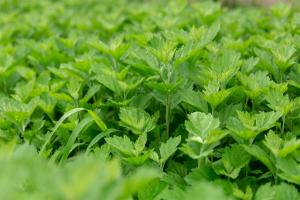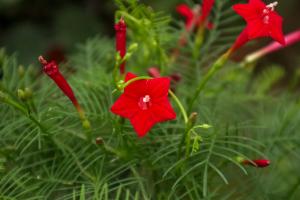Is it safe to use pool waste water for plants?
There is no doubt that water is an essential resource for plants. Without it, they cannot survive. However, water is not always readily available, and some people look for alternative sources to keep their plants hydrated. One of these sources is pool waste water. The question is, is it safe to use pool waste water for plants? In this article, we will explore the answer to this question.
What is pool waste water?
Pool waste water is the water that accumulates in a swimming pool over time due to evaporation, backwashing, and splashing. This water contains chemicals such as chlorine, pH stabilizers, algaecides, and other pool maintenance products. Pool waste water may also contain debris, dirt, and leaves that fall into the pool.
The risks of using pool waste water for plants
The use of pool waste water for plants may be risky due to its chemical composition. The chemicals contained in the pool waste water may be harmful to plants, causing leaf burn, root damage, and stunted growth. The pH of the pool waste water may also be too low or too high for plants, affecting their ability to absorb nutrients. Furthermore, if the pool waste water contains debris and dirt, it may attract pests and insects that could harm the plants.
How to make pool waste water safe for plants
If you still want to use pool waste water for your plants, there are a few things you can do to make it safer. Firstly, you can dilute the pool waste water with regular tap water to reduce the concentration of chemicals. Secondly, you can allow the pool waste water to settle for a few days before using it. This allows the chemicals to evaporate and settle at the bottom of the container, leaving the water relatively chemical-free. Lastly, you can filter the pool waste water using a filter, such as a sand filter, to remove debris and dirt.
Alternatives to using pool waste water for plants
If you are not comfortable using pool waste water for your plants, there are alternatives that you can consider. One of the simplest and most eco-friendly ways to water your plants is by collecting rainwater. Rainwater is free, chemical-free, and contains nutrients that are beneficial to plants. Another option is to recycle greywater. Greywater is the used water from sinks, showers, and washing machines that can be treated and reused for irrigation purposes.
In conclusion
Using pool waste water for plants may be an option in some cases, but it does come with risks. The chemicals contained in the pool waste water may harm plants, and it may also attract pests and insects. However, by diluting the water, allowing it to settle, or filtering it, you may be able to make it safer for your plants. If you are not comfortable using pool waste water, collecting rainwater or recycling greywater are eco-friendly alternatives that could provide the water your plants need without the risks.

 how many times do yo...
how many times do yo... how many planted tre...
how many planted tre... how many pine trees ...
how many pine trees ... how many pecan trees...
how many pecan trees... how many plants comp...
how many plants comp... how many plants can ...
how many plants can ... how many plants and ...
how many plants and ... how many pepper plan...
how many pepper plan...
































